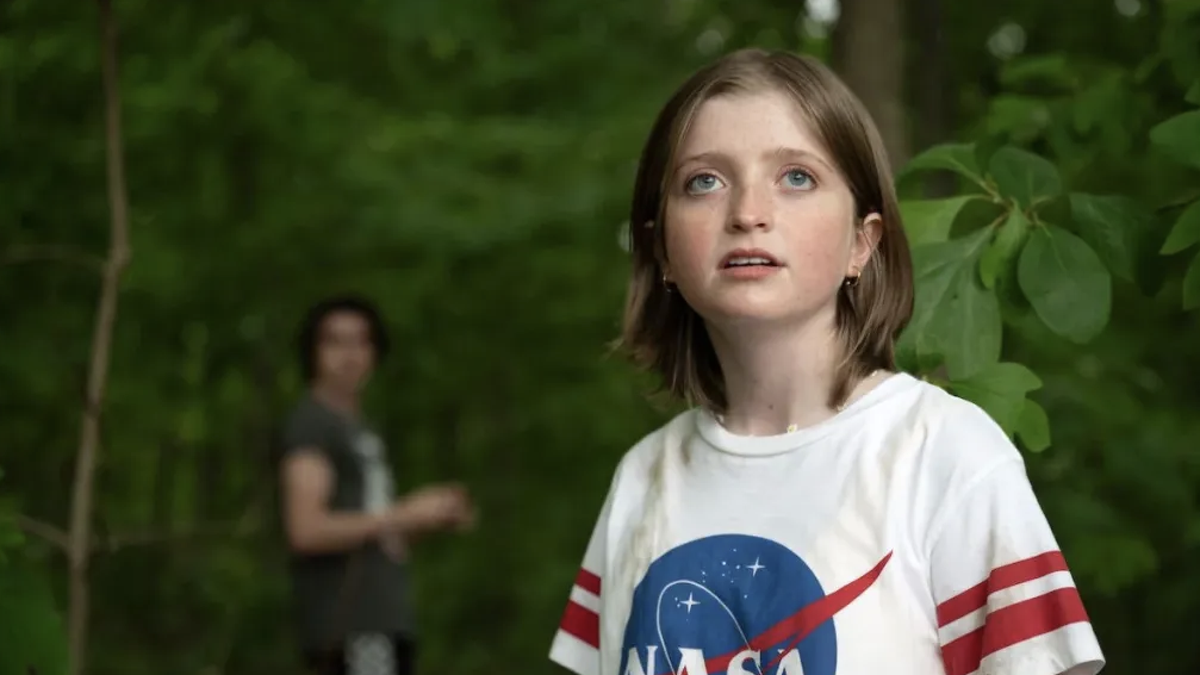
Spoilers follow.
The new movie Leave the World Behind, starring Mahershala Ali, Julia Roberts, Ethan Hawke, Myha’la Jael Herrold and Kevin Bacon, provides a unique and unsettling twist on the apocalyptic genre. Based on the book by Rumaan Alam, the film follows Roberts and Hawke’s characters Amanda and Clay on a vacation to a remote cabin with their kids Rose and Archie. Their vacation is interrupted by the arrival of G.H. and Ruth, the owners of the cabin, who have fled the city amid some unspecified disaster.
The movie, much like the book, delves more into the increasingly paranoid dynamics between the characters over the following days than it does the whys and wherefores of the cataclysmic event that has caused such a rapid social collapse. One theory that emerges is that this is an intentional coup, designed to force people to turn on one another in order to destabilize the nation.
Ultimately, by the time viewers get to the end of Leave the World Behind, they’ll likely be more concerned with what happens to the characters they’ve got to know than with the specifics of the inciting incident. And the film ends on something of a cliffhanger: Amanda and Rose see the city being bombed in the distance, and Rose wanders into their neighbor’s bunker, where she finds two things: an emergency message revealing that a nuclear war is imminent, and a Friends DVD.
Rose hits play on the episode, and the movie plays out to “I’ll Be There For You” by The Rembrandts. (But this just leaves the viewer with more questions: Julia Roberts famously had a cameo in an early episode of Friends, and she also stars in and produced this movie. So what is reality, even?)

What happens to Rose?
In a recent interview with Variety, author Rumaan Alam states that his novel “ends with a question mark,” and explains that while Sam Esmail’s adaptation diverges from the book’s original plot in terms of some of the specifics, it remains “emotionally faithful” to the spirit of the story, and that it would have been “emotionally dissatisfying” to see the families reunited at the end.
“It’s not that kind of story,” he says. “I have no problem with like a big disaster movie that saves the six or eight principals and reunites them in the aftermath of a disaster and allows you to be like, ‘Well, everything’s gonna be okay.’ I just don’t think this is that kind of film.”
“The theatrical experience of watching this movie is so powerful because I’ve had the chance to see audiences respond to the ending three times now, and nobody really knows what to make of it,” he continues. “They’re like, is this funny? Is this scary? Is it really over? And I love that so much.”
As for the individual fates of Rose and Archie, Alam declines to offer a definitive answer. “The truth is that I don’t know,” he says. “This is something I’ve heard Sam say a lot, that he also doesn’t know. But this is open enough that it becomes something that is possessed by its audience. I’m not withholding a definitive answer because I’m not in possession of that.”

Philip Ellis
Philip Ellis is News Editor at Men’s Health, covering fitness, pop culture, sex and relationships, and LGBTQ+ issues. His work has appeared in GQ, Teen Vogue, Man Repeller and MTV, and he is the author of Love & Other Scams.
